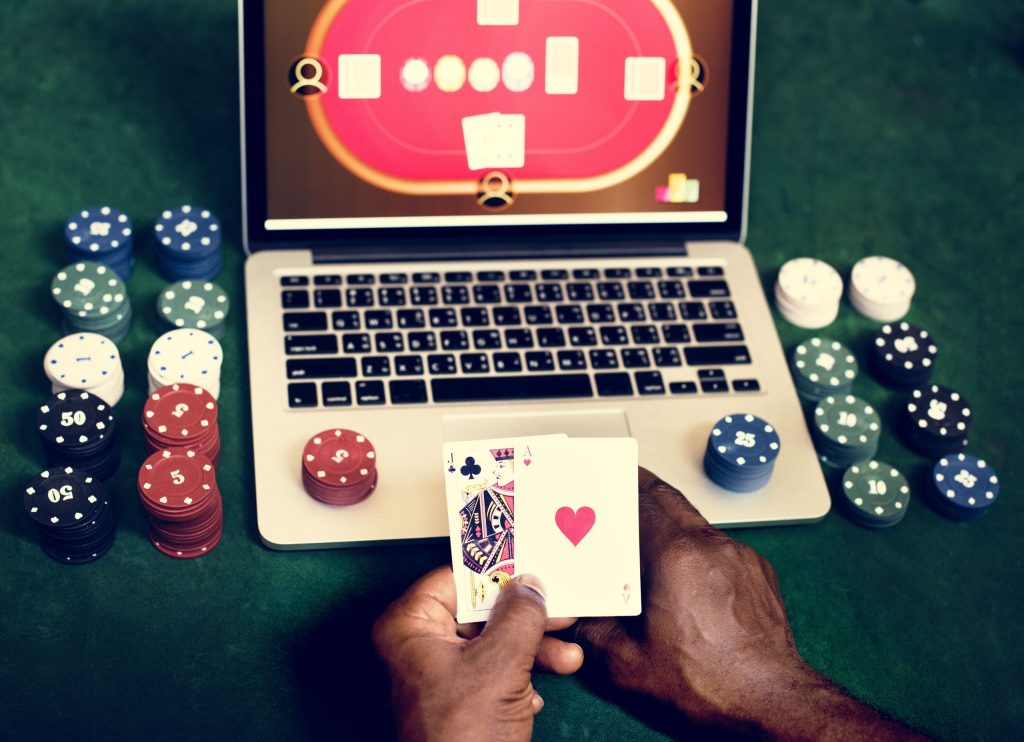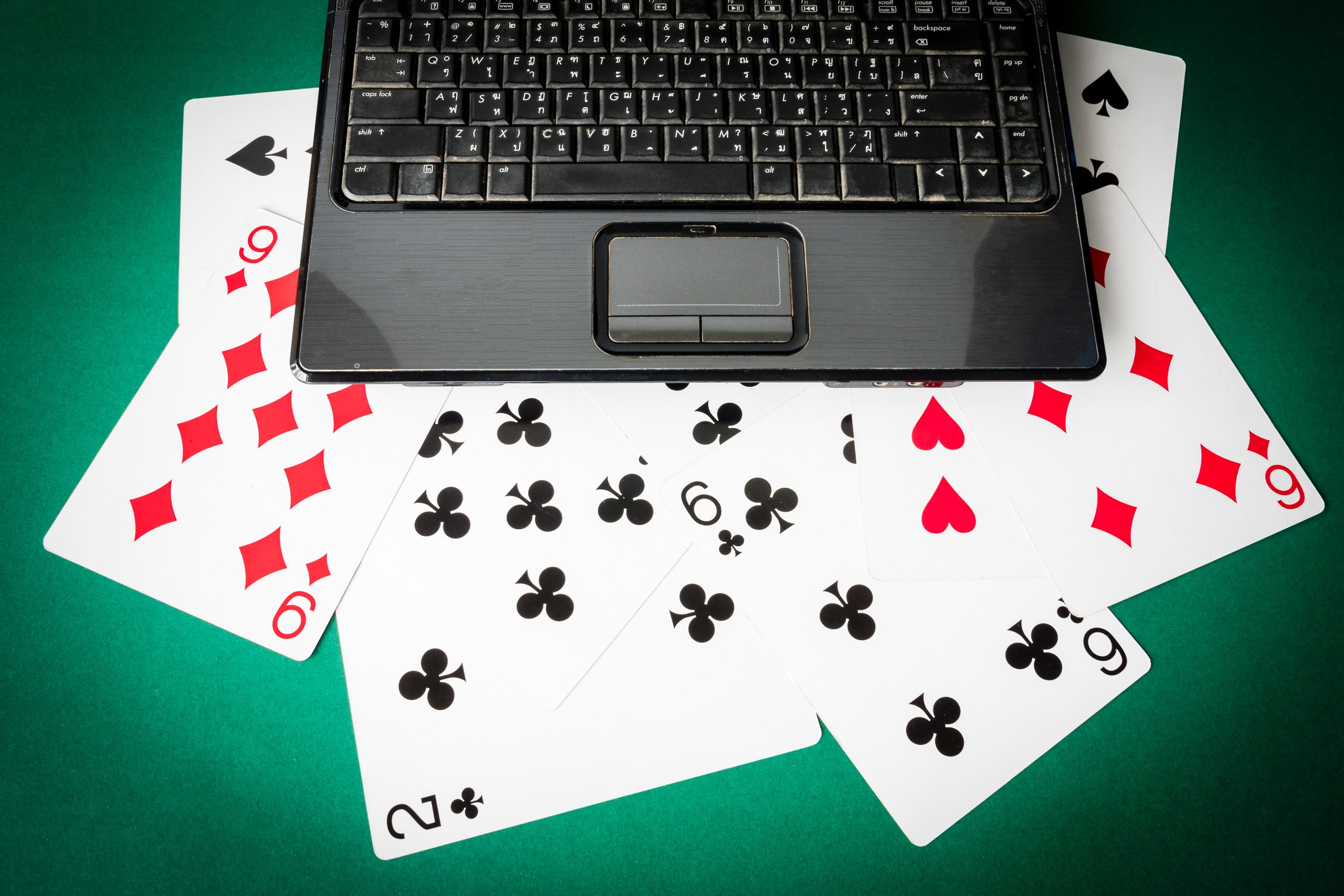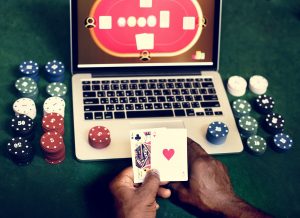The Tactical Edge: Why Online Poker Stands Out As A Game Of Skill

Online poker is becoming more and more attractive as a game requiring understanding of people’s opinions and emotions, strategy, and ability. Two classic casino games where chance is quite crucial are slots and roulette. On the other hand, poker tests players to manage their money, give critical thought to their prospects, and develop winning strategies. Mastery in poker usually depends on knowing opponent behavior and habits, hence psychological acuity is rather important for success. Emphasizing the strategic aspect of the game, players have to learn to recognize minute hints and use bluffing strategies. This is much different from luck-based games, in which results are determined only by chance. This entertaining and cognitively challenging game is interesting as skilled poker players sometimes surpass less experienced players. Thus, the attraction of online poker is not only in the prospect for cash gain but also in the challenge of raising one’s talents and outsmarting opponent in a constantly changing surroundings.
Skill Over Luck: The Core of Online Poker
Unlike many other games of gambling, poker is one that excels in strategy and decision-making rather than mostly dependent on luck. Although the cards given might be random, players’ choices on their use really counts. Each player has time to look over their hand, think about where they need to be at the table, and watch how the other person moves. Because of this complicated link, each round is different because players have to keep changing their plans based on how the game is going.
In poker, guessing the odds is also very important. Well-trained players can figure out how likely it is that their opponent has better cards or that they can make a draw that wins. They can choose whether to raise, bet, or fold now that they know this. Also, noticing and studying small clues in the way opponents act could help a player even more by leading their plan. To put it simply, poker is a fun game that combines the excitement of chance with the difficulty of making professional decisions. It requires both mental sharpness and luck.

Bluffing and Psychological Play
One can get an edge in games like Bubble Cube and 21 Blitz by reading the other player. Focusing on their opponent’s moves and habits is important for players who want to guess what they will do next. You can help change the direction of the game by figuring out when your opponent is saving money for a strong combo or when they like to get points quickly. Players with this skill can stay ahead of the game and make better decisions.
Bluffing is also a big part of beating an opponent at weaving. Some players can make their opponents wonder and be confused by acting or looking sure of themselves. Rivals might not know what to do with this approach, which could lead to mistakes. Participants should also act on purpose; before agreeing to a plan, they should think about the pros and cons. Sharp observation, skillful lying, and careful planning can all help anyone get better at poker and increase their chances of winning.
Understanding Betting Strategies
When gaming, people may have a hard time deciding whether to bet aggressively or cautiously. People who play may bet more in order to win big prizes, so being bold could lead to both big wins and big loses. This method might be interesting to people who like the rush of seizing chances. Careful play, on the other hand, stresses smaller, more accepted bets, which might not pay off much but offer a more stable and environmentally friendly experience. How comfortable a player is with risk and possible gain helps them make a plan that works better for their style of play.
Managing your money well is another very important part of any betting strategy. One way to do this is to make and stick to a budget before you start playing. This will help you resist the urge to chase loses or overpay while you’re playing. Players that correctly manage their bankroll will have shorter tension and longer games as they know exactly how much they can afford to lose. Moreover, understanding pot odds will let one make much superior judgments all through games. Calculating the pot’s current size in respect to a potential call enables players to make more intelligent bets. Better results from this information will maximize revenues and minimize losses. A player’s gaming experience will be much improved overall by a balanced strategy combining strict bankroll management, intelligent betting, and a strong awareness of the odds.
The Competitive Nature of Online Poker
Regardless of players’ skill level, online poker competitions and cash games provide an exciting environment that draws people together. In these competitive settings, experienced players might find themselves matched alongside novices, which generates a unique mix of strategies and approaches. Virtual table players must rely not only on their game expertise but also on their capacity to read opponent behavior and fast change their gameplay. This interplay may produce exciting events wherein a beginner could outwit a seasoned player, therefore reminding everyone that poker is as much about psychology as it is about cards.
Another interesting feature is the friendship that grows out of these events. Among the players’ goals is to outwit their opponent and be paid for it. Rivals interact and play about with one another, celebrate achievements, and talk about close calls to help to build a sense of camaraderie. Players of the game share the highs and lows, therefore creating connections and unique experiences whether their motivation is pleasure or winning. All skill levels of players may participate, learn, and develop in a dynamic and camaraderie-driven atmosphere thanks to online poker overall.
Why Poker Rewards Strategy in the Long Run
In games like 21 Blitz, experienced players have a clear advantage as they over time have a strong awareness of the mechanics and tactics of the game. Regular play helps these players to learn how to properly build 21s and stack cards for points. Their success in demanding games may be much improved by their awareness of patterns and ability to predict opponent actions. This familiarity becomes faster decision-making that helps individuals to respond rapidly when the time is running out.
Also, skilled players may change how they play based on how they did in the past. Like the things they do well, the things they do wrong help them learn, which changes their plan to improve their chances of success. For example, they might find that moving games or card sets makes things go better. As they play more, they grow not only quicker but also wiser in their games, thereby assuring they regularly do well against younger or less experienced players.

Conclusion
Because of great focus on skill, psychology, and strategy—rewarding players who master these components over time—online poker stands out as one of the most strategic casino games. Unlike games mostly dependent on chance, poker demands players to make deliberate choices depending on the cards they have, the betting patterns of opponent, and the often shifting dynamics of the game. Good awareness of probability, risk management, and bluffing techniques makes effective players always beat less experienced opponent. Moreover, the competitive character of online poker creates an atmosphere where strong play is appreciated and rewarded, usually resulting in significant financial benefits for those who dedicate time in enhancing their trade. As players get experience and hone their talents, they might progressively flourish and start to be strong prospects in the online poker market.





